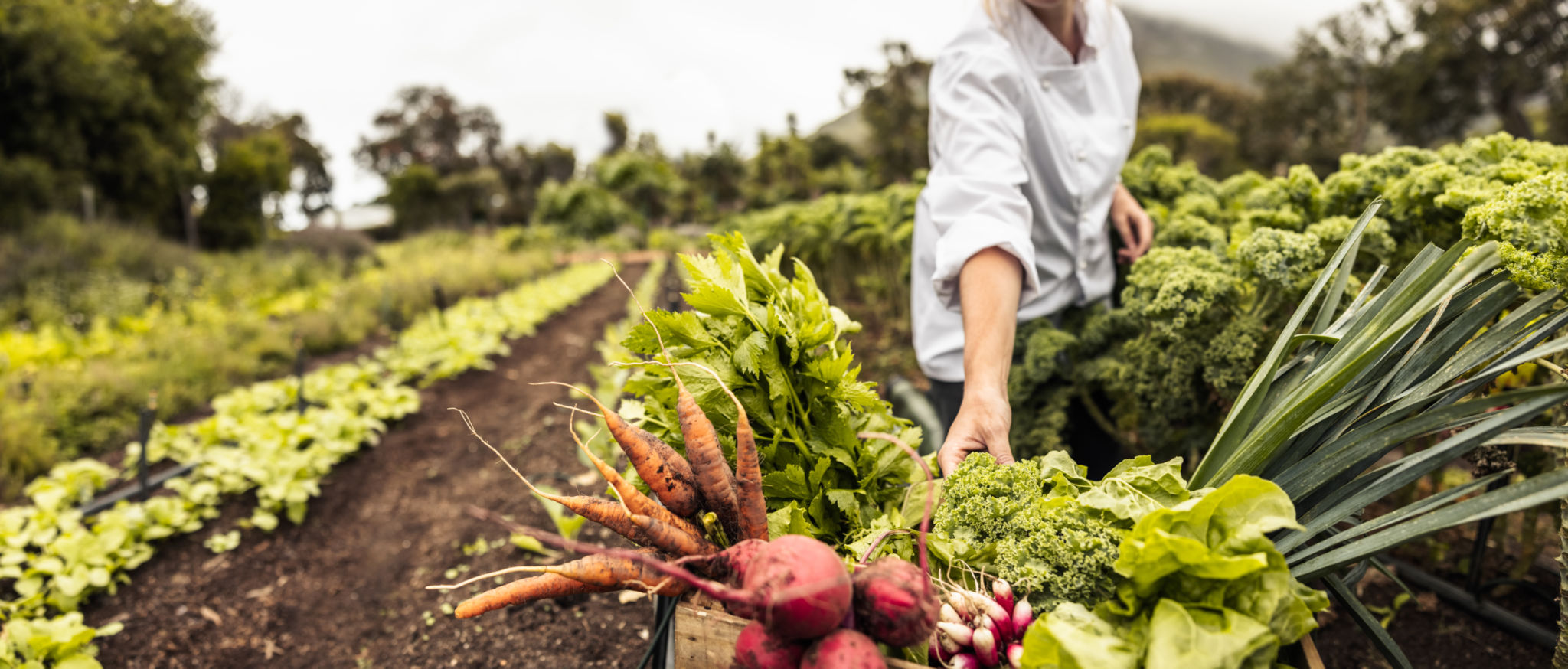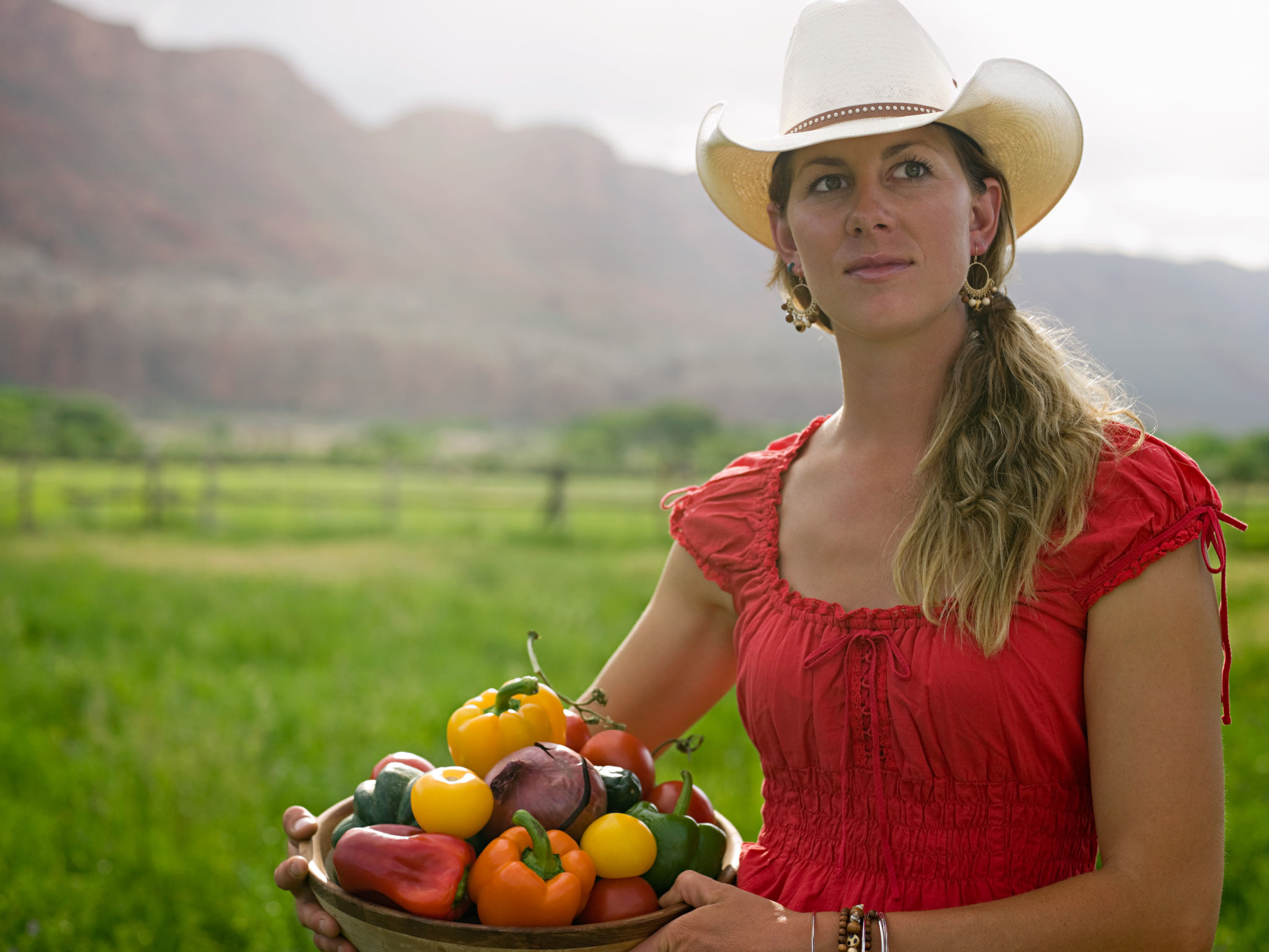Myths About Organic Farming Debunked by Sunrise Farm Lombok
Understanding the Truth About Organic Farming
At Sunrise Farm Lombok, we are passionate about sustainable agriculture and committed to educating the community about organic farming. Despite its growing popularity, many myths still surround this eco-friendly practice. In this blog post, we aim to debunk some of the most common misconceptions about organic farming.

Myth 1: Organic Farming Yields Are Inefficient
One of the most prevalent myths is that organic farming produces lower yields compared to conventional methods. While it's true that organic farms may initially see lower yields, over time, they often achieve comparable or even higher productivity. This is because organic farming focuses on building healthy soil, which enhances plant growth and resilience to pests and diseases.
Moreover, organic farming promotes biodiversity, which can lead to a more balanced ecosystem. This balance reduces the need for synthetic inputs and often results in more sustainable yields in the long term.
Myth 2: Organic Food is No More Nutritious
Another common misconception is that organic food offers no additional nutritional benefits compared to conventionally grown produce. However, numerous studies have shown that organic fruits and vegetables often contain higher levels of antioxidants and essential vitamins. The absence of synthetic pesticides and fertilizers allows plants to develop their natural defense mechanisms, which enhances their nutritional profile.

Furthermore, organic farming practices focus on soil health, which directly affects the nutrient content of crops. Healthy soil results in healthier plants, providing more nutritious options for consumers.
Myth 3: Organic Farming Is Not Environmentally Friendly
Some believe that organic farming is not as eco-friendly as it claims to be. In reality, organic farming plays a critical role in environmental conservation. By avoiding synthetic chemicals, organic farms minimize pollution and reduce the risk of contaminating water sources. Additionally, practices such as crop rotation and cover cropping help maintain soil fertility and prevent erosion.
Organic farming also encourages the use of renewable resources and promotes biodiversity, helping to mitigate climate change by sequestering carbon in the soil.

Myth 4: Organic Farming is Just a Marketing Gimmick
Many skeptics argue that organic farming is merely a marketing strategy to sell products at a premium price. However, this view overlooks the rigorous certification process involved in becoming an organic farm. Farms must adhere to strict guidelines and undergo regular inspections to maintain their organic status.
The additional costs associated with organic farming reflect the investment in sustainable practices and the commitment to environmental stewardship. Consumers who choose organic products support these values and contribute to a more sustainable future.
The Reality of Organic Farming
At Sunrise Farm Lombok, we believe in transparency and education. By debunking these myths, we hope to encourage more people to consider the benefits of organic farming for both their health and the environment. As more consumers become informed about the realities of organic agriculture, we can collectively work towards a more sustainable and healthier world.